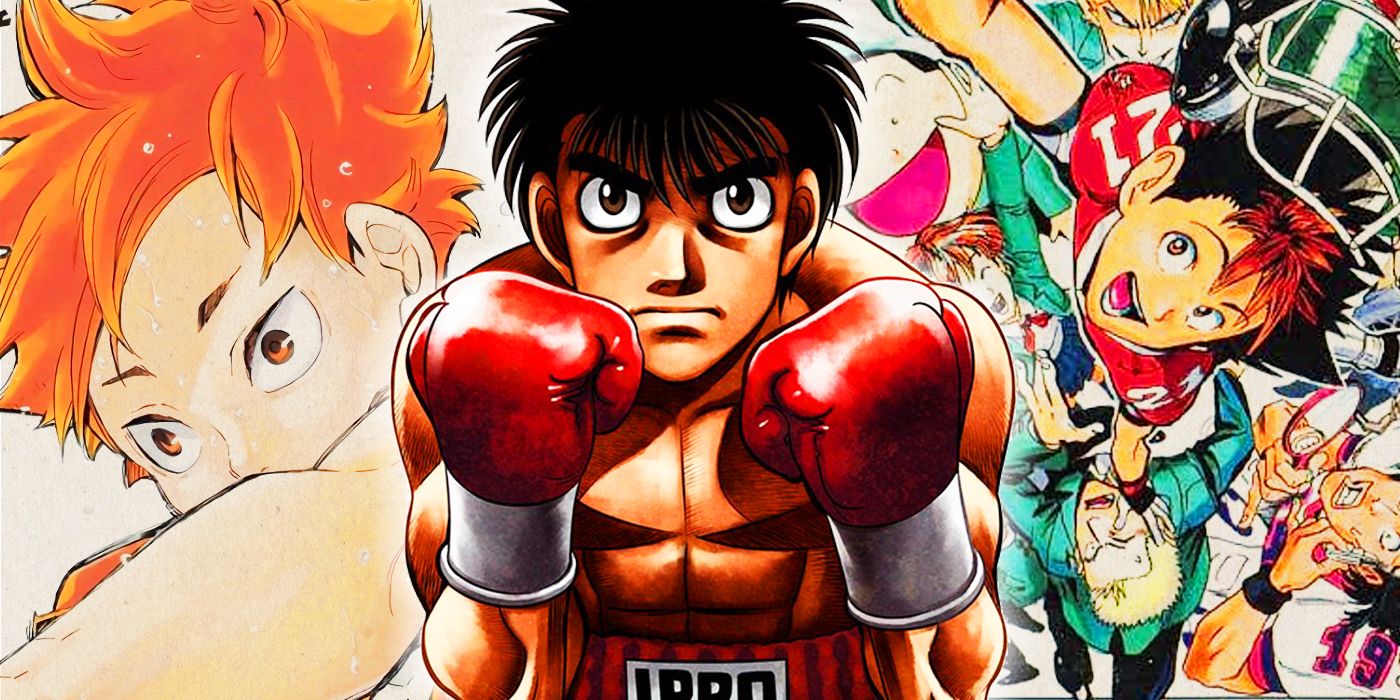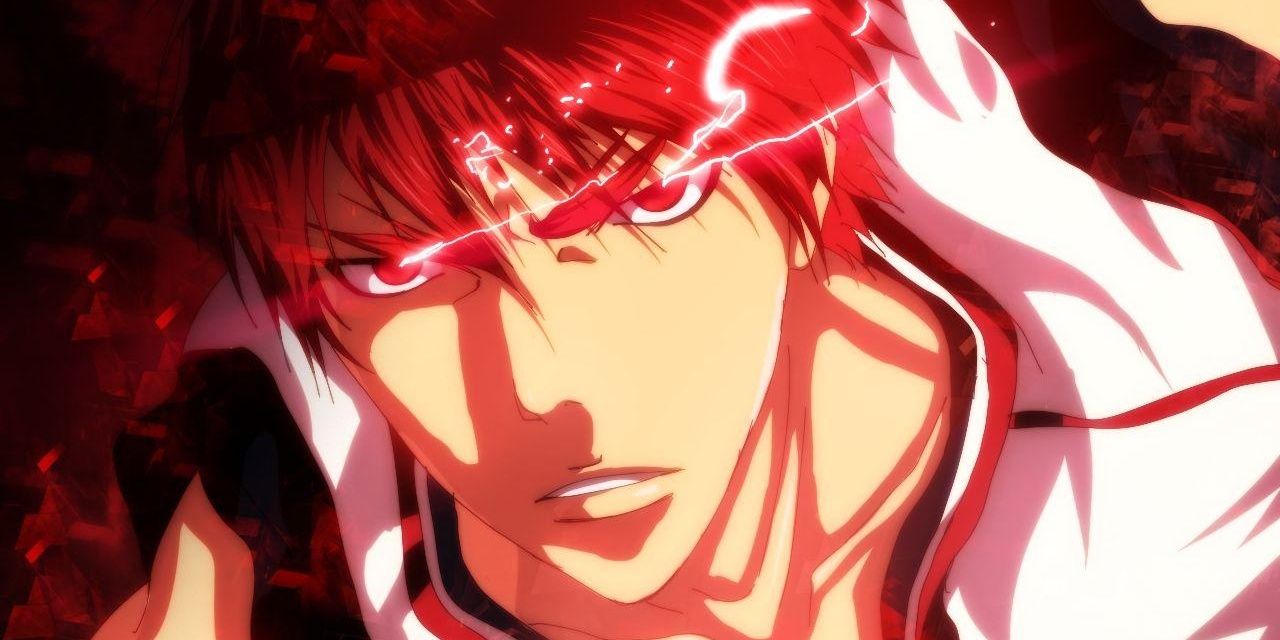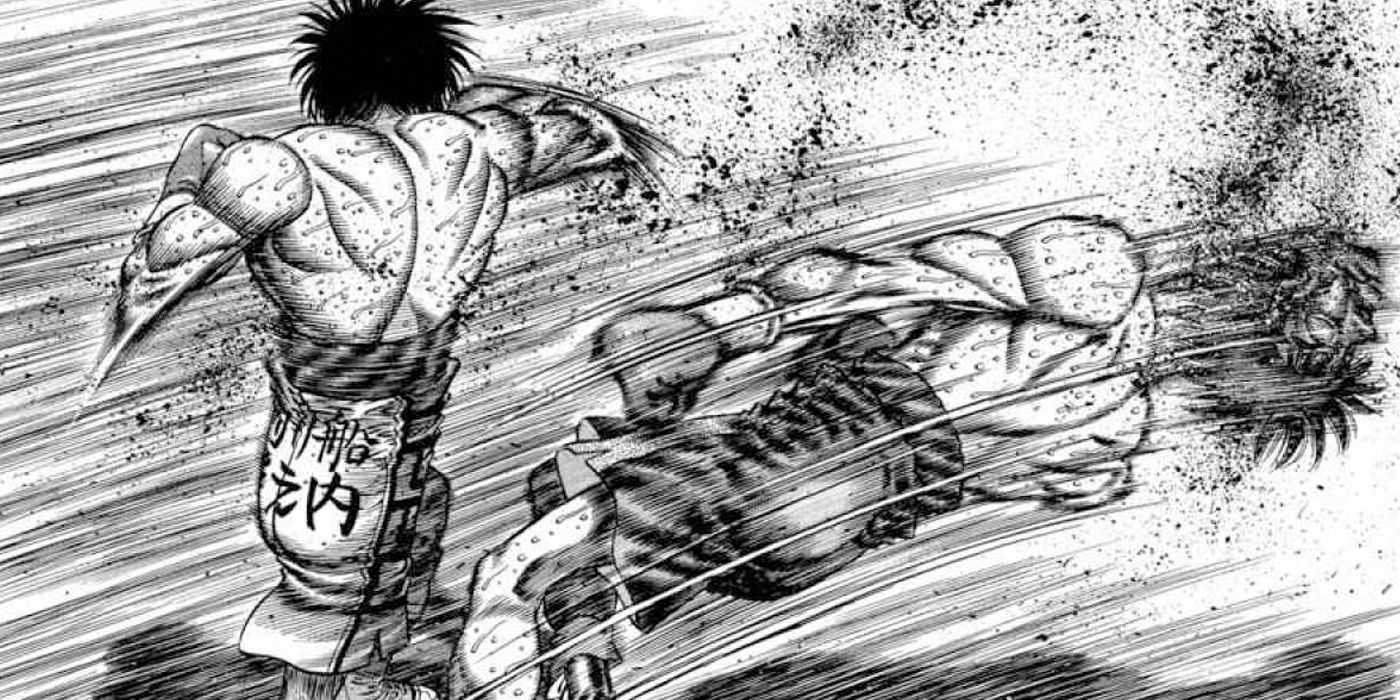Sports-themed shonen manga and anime are quite popular in Japan, with notable works including Haruichi Furudate’s Haikyuu!! and Takehiko Inoue’s Slam Dunk. However, when it comes to international fanbases, sports-themed series aren’t as popular despite having the perfect mixture of battle shonen-like competitions and emotional storytelling. From an international standpoint, shonen sports anime and manga are extremely underrated. That could largely be due to their predictable nature and unnecessary fan service.
Most sports-themed series, such as Riichiro Inagaki and Yusuke Murata's Eyeshield 21, have a foreseeable storyline. The protagonist is usually an underdog or is part of a team of unskilled players who desire to win a championship. They undergo a series of trials as they develop their talents in the sport and along the way, gaining a sense of camaraderie with their teammates and fellow competitors. Sports series have such a predictable plot formula that it can be unappealing to viewers since they already know how it will end: the winner is always the underdog.
One exciting aspect within the sports shonen genre that gets an audience pumped is the competition arcs. We get epic action sequences where opponents show off their skills to win. However, the time between matches can get redundant and have unnecessarily slow pacing. A competition will last a good couple of episodes, where supporting characters provide commentary and explain the entire sport to viewers in case they didn’t know already. To make the game more dramatic, there are also scenes about a character’s backstory, involving how they overcame personal struggles and providing viewers with character development that may or may not be needed.
A series that best exemplifies epic action sequences but can also get repetitive is Kuroko’s Basketball. Unlike Haikyuu!! where matches get to the core of what’s necessary, Kuroko’s Basketball tends to showcase every single match in its entirety, which can leave the audience feeling a bit bored. It also tries to balance the redundant match scenes by having “dungeon-like” bosses where the opponents have superhuman skillsets on the basketball court such as Seijūrō Akashi’s “Emperor’s Eye,” which allows him to see his opponents' every movement and predict their strategy. These unique character features are pure entertainment for viewers but are unrealistic to the actual sport -- except Shintarō Midorima’s three-point shooting, which is practically the anime version of Stephen Curry.
Aside from the focus on sports, these shonen series also provide the audience with profound emotional storytelling, showcasing the struggles and challenges our competitors experience when becoming the best athletes. George Morikawa’s Hajime no Ippo is a prime example of great emotional storytelling that also has some comedic moments. After getting bullied and beat up, Ippo Makunouchi is saved by a retired middleweight professional boxer named Mamoru Takamura, who takes him to Kamogawa Gym to blow off some steam. Takamura sees Ippo’s raw talent as a boxer, resulting in Ippo’s decision to become a professional boxer. Hajime no Ippo takes the audience on an emotional and fulfilling journey where we see his career and individual growth as a boxer as he faces various opponents. Sports shonen series excel in incorporating storylines that craft well-rounded characters with personal lives and sports careers.
The epic shonen-style competitions and emotional storytelling are major highlights of sports shonen, but in recent years, these features have been overshadowed by the fan service component. Series such as Haikyuu!! and Free! cater to the female demographics, where fans would gaze and fawn over characters’ masculine physiques. These series also open the gateway for various fan shipping wars and doujinshi featuring their favorite couples, such as Free!’s Haruka Nanase and Makoto Tachibana and Haikyuu!!’s Shoyo Hinata and Tobio Kageyama. Although fan service brings more potential viewers to a sports series and is a great source of entertainment, it doesn’t serve any real purpose to progress the storyline or develop the characters.
Thus, to some degree, fan service can be seen as a distraction and misrepresent what the sports genre is all about. Regardless, sports shonen will always be in the shadow of big-name series like My Hero Academia and Naruto, even if the sports angle has inspiring storylines of overcoming hardships and celebrating triumphs.



